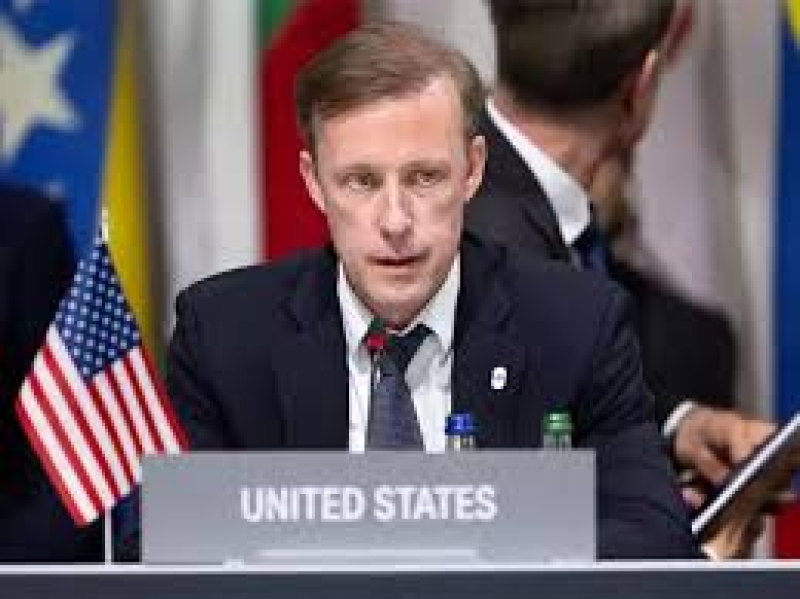- Christmas in Bangladesh Thursday |
- Bangladesh Bars Internet Shutdowns, Restores BTRC Autonomy |
- Tarique Rahman Leaves London for Bangladesh After 17 Years |
- Govt welcomes Tarique Rahman’s return, assures full coop |
- BNP strikes polls deal with 7 more partners, reserves 8 seats |
US National Security Adviser to Address Chinese Dams
During India Visit

US National Security Adviser Jake Sullivan
US National Security Adviser Jake Sullivan's visit to New Delhi from January 5-6 will include discussions with Indian officials about the environmental and geopolitical ramifications of Chinese dams, a senior US official confirmed on Friday.
The United States and its allies have long considered India a key counterbalance to China's growing influence across Asia and globally.
"We’ve seen in multiple regions across the Indo-Pacific, including the Mekong River basin, that the dams built by China upstream have led to significant environmental and climate risks for downstream nations," the US official stated in advance of Sullivan's visit. "These concerns are a key part of the upcoming talks."
The official emphasized that Washington aims to address India's concerns during the visit, particularly regarding China's hydropower projects in Tibet. The Indian government has raised alarms about China's plan to construct a massive hydropower dam on the Yarlung Zangbo River in Tibet, which flows into India. Beijing, however, insists that these projects will not significantly impact the environment or downstream water supply.
The dam, which is set to become the largest of its kind globally, is expected to generate an estimated 300 billion kilowatt-hours of electricity annually. It received official approval in December.
In addition to hydropower issues, Sullivan's discussions with Indian officials will likely cover a broad range of topics, including civilian nuclear cooperation, advancements in artificial intelligence, space exploration, military technology licensing, and concerns over Chinese economic overcapacity, according to the US official.
While the US delegation will not meet the Dalai Lama during the visit, as some had speculated, the visit underscores the growing strategic relationship between Washington and New Delhi. Despite their increasingly close ties, there remain occasional differences, such as concerns over human rights in India, New Delhi's ongoing ties with Russia amid the war in Ukraine, and contentious issues like alleged plots targeting Sikh separatists on US and Canadian soil.

